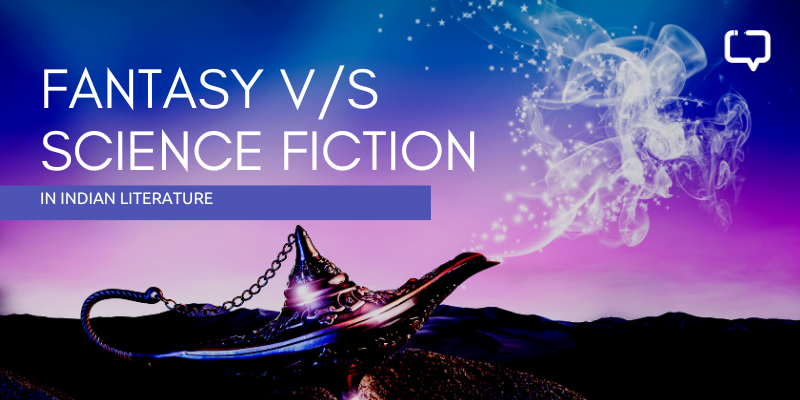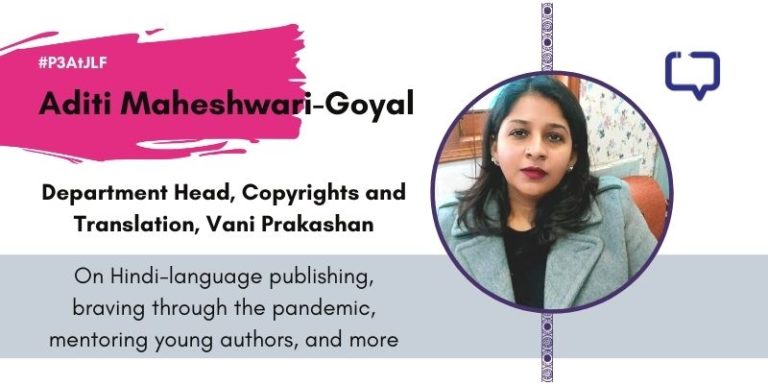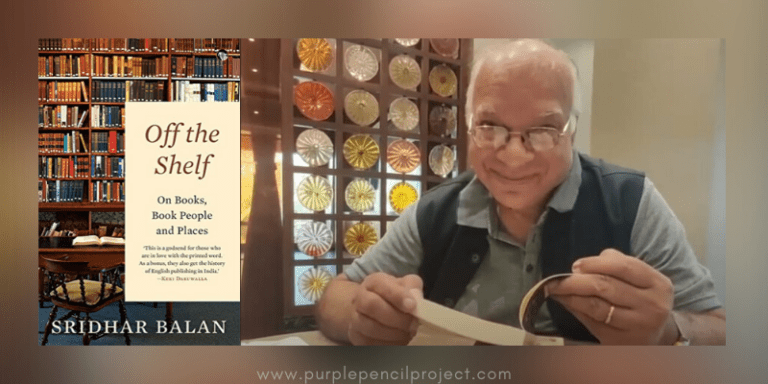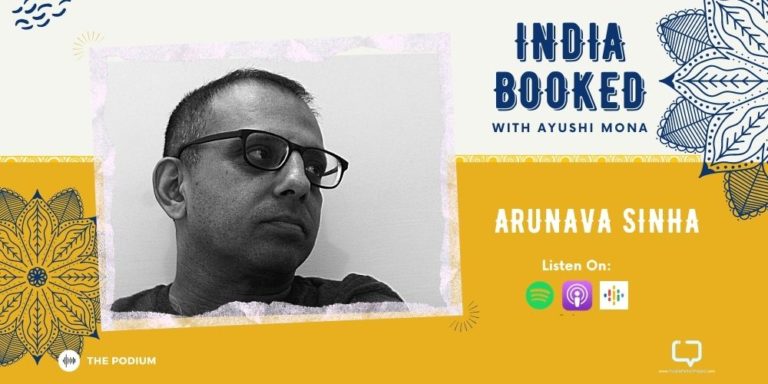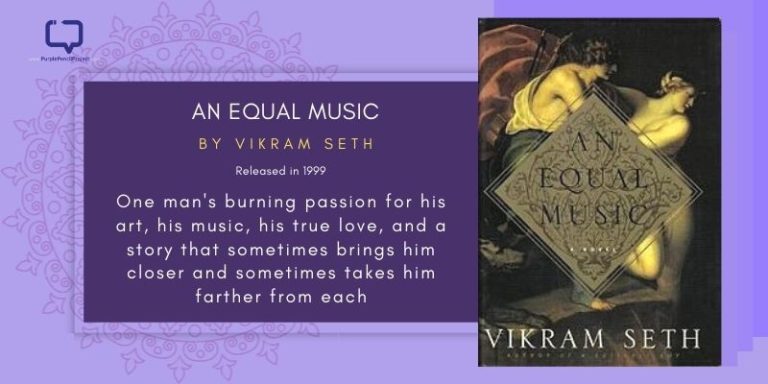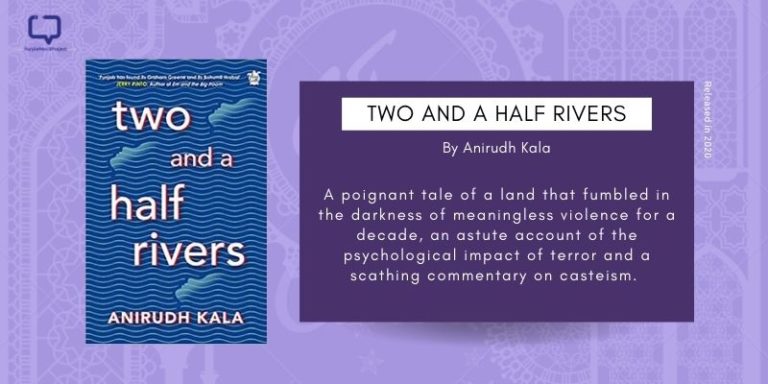When it comes to literature, one of the most common genres you’ll discover is speculative fiction. For the unaware, this umbrella term covers a wide range of sub-genres, including fantasy and science fiction or sci-fi, as it is popularly known.
While both sub-genres have unique characteristics and appeal to different types of readers, they are often confused with each other. And naturally so: they both employ fiction to create something that doesn’t occur in our reality. Both genres often feature new realities altogether, as well.
In this article, we will explore the differences between fantasy and sci-fi in Indian literature. We’re going to look at both fantasy and sci-fi books in India, along with some authors writing in either or both genres.
Recommended Read: Best Indian Sci-fi Movies
Difference Between Fantasy and Sci-Fi
While fantasy and science fiction are both sub-genres of speculative fiction that deal with alternate realities, they differ in how they explore them. Fantasy, as a genre, deals with imaginary worlds and can also be inspired by mythologies and folklore. The worlds created in fantasy stories are often magical, involving mythical creatures like dragons, unicorns, and fairies. The emphasis in this genre is generally on creating new life, be it in the form of creating new worlds or in the form of new creatures.
In contrast, science fiction deals with alternate realities based on scientific theories and technology. The worlds created in science fiction stories are often futuristic, and those stories can explore the impact of technology on society. The stories usually involve scientific concepts and theories and speculate on the future of humanity. The emphasis here is generally on creating new scientific prospects, whether in the form of alien life or future technology.
One of the primary differences between fantasy and sci-fi is how they handle the supernatural. Fantasy stories often involve magic, magical creatures, and elements that science cannot explain. On the other hand, science fiction stories often involve advanced technology and scientific concepts grounded in reality or ones that could potentially be developed in the future.
Another difference between fantasy and sci-fi is how they explore the human condition. Fantasy stories often deal with themes such as good vs. evil, heroism, and the power of love and friendship, whereas science fiction stories tend to explore themes like the impact of technology on society, artificial intelligence, and the consequences of human actions. All that being said, let’s look at the genres from the lens of Indian literature.
Differences in An Indian Literature Context
Indian literature is home to a rich fantasy and science fiction tradition, the former more so. Blending myth and legend with reality has been a recurring theme in Indian literature for centuries. Hindu mythology, in itself, is a vast source of inspiration for fantasy stories filled with gods, goddesses, mythical creatures, and magical elements. It has been a foundation for many literary works, including the epic tales of the Ramayana and the Mahabharata. These stories of heroes, villains, and otherworldly beings have inspired countless retellings and adaptations over the years, from Volga’s Yasodhara to Shashi Tharoor’s The Great Indian Novel.
However, sci-fi in India is a somewhat new genre compared to fantasy. Despite this, some notable examples of science fiction stories from India are present.
The Calcutta Chromosome by Amitav Ghosh, for instance, is a groundbreaking science fiction thriller exploring the concept of time travel and the impact of colonialism on scientific research. It’s a unique work offering a fascinating perspective on the role of science and technology in Indian society. Then there are the popular Professor Shonku stories by Satyajit Ray, widely translated and adapted since their publication.
Indian Sci-fi Authors
Perhaps the first name that comes to mind amongst science fiction Indian authors is Samit Basu, whose writings include The Gameworld Trilogy and the JCB-shortlisted Chosen Spirits. His works also contain fantasy and superhero fiction, and he employs speculative fiction as a tool to comment on society.
Vandana Singh is another renowned Indian science fiction author whose works have been published in numerous international publications. Her stories explore themes of identity, culture, and societal norms, making them both thought-provoking and entertaining. Then there’s SB Divya, Manjula Padmanabhan, Jayant Narlikar, Anil Menon, Indrapramit Das, Mimi Mondal, and many more Indian sci-fi authors you must check out.
Indian Fantasy Authors
Anand Neelakantan is one of the bestselling fantasy authors in recent times, whose works include the acclaimed Baahubali trilogy and Asura. His writing delves into the darker side of mythology, offering readers a new take on the genre and giving voices to the marginalized characters.
Shweta Taneja is another famous author writing speculative fiction. Her works include the Anantya Tantrist series (which describes the ancient Tantrik practices detailedly while revealing the misogyny and corruption present there) and the flipbook They Made What? They Found What?. You can further find fantasy stories in the works of Salman Rushdie, Sukanya Venkatraghavan, Krishna Udayasankar, Shatrujeet Nath, Kalki, Indra Das, and many other Indian authors.
The stories are many, you just need to know where to look.
Conclusion
I hope you now have a better idea of how fantasy and sci-fi genres differ from each other, specifically in an Indian context. While both are sub-genres of speculative fiction, they differ in the way they explore alternate realities. Fantasy deals with imaginary worlds, while science fiction deals with alternate realities based on scientific theories and technology. Additionally, the themes explored in each genre are different, with fantasy often dealing with themes of heroism and the supernatural and science fiction exploring the impact of technology on society.








